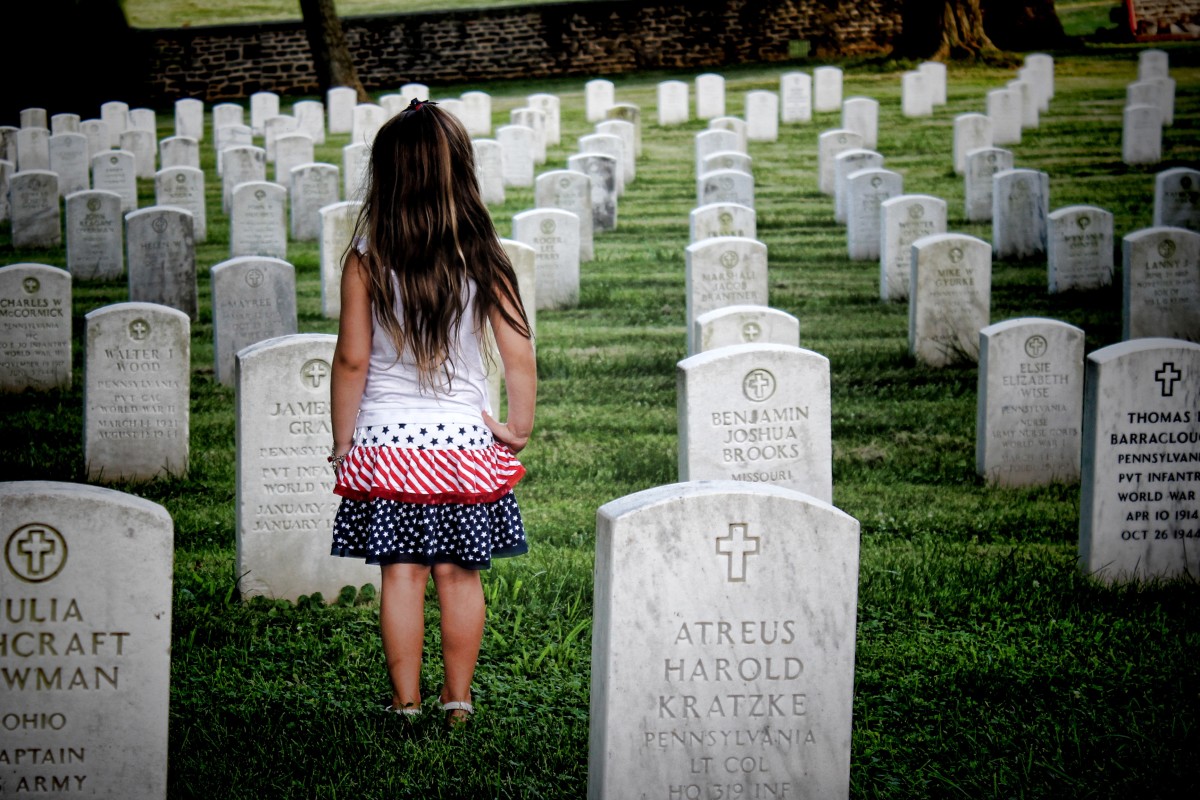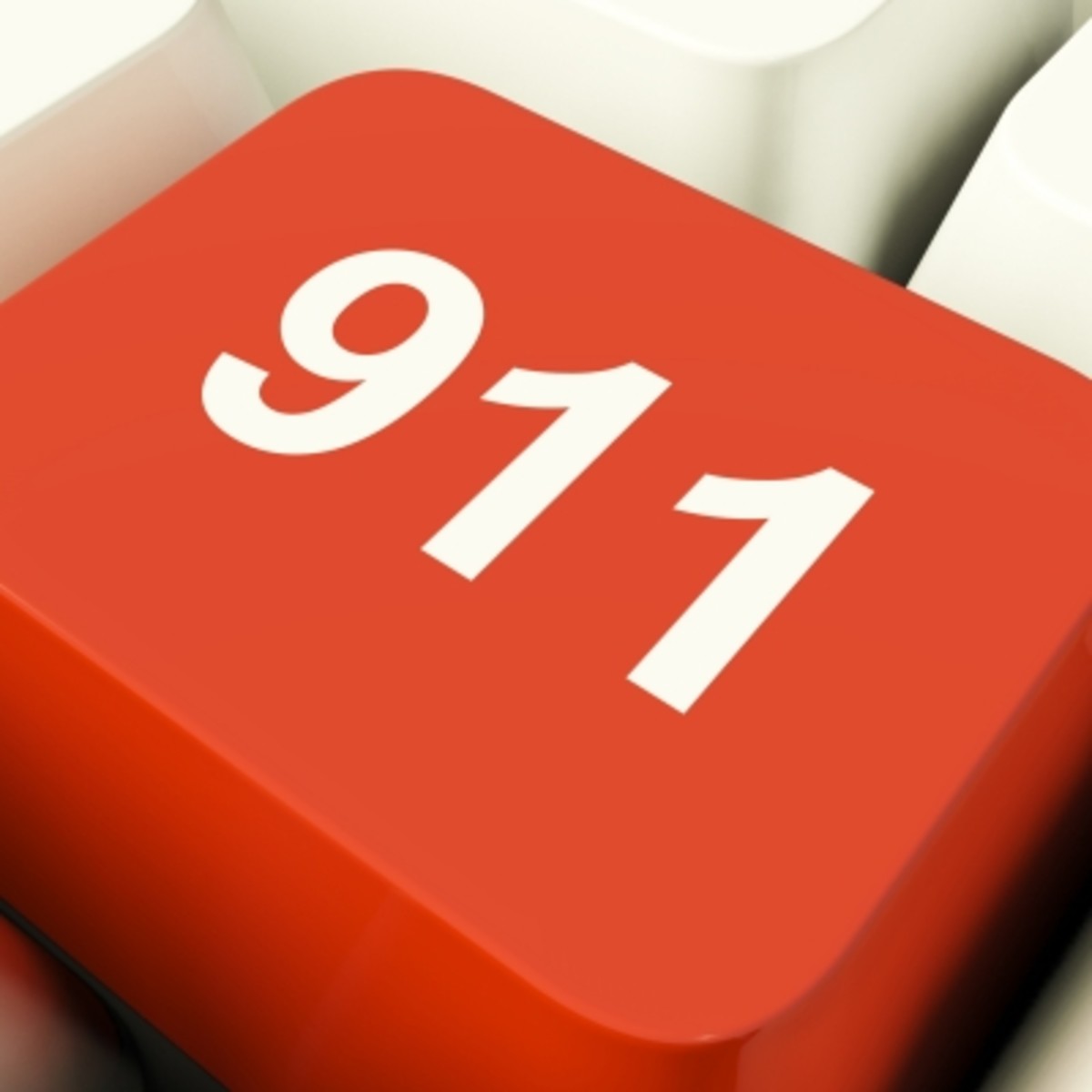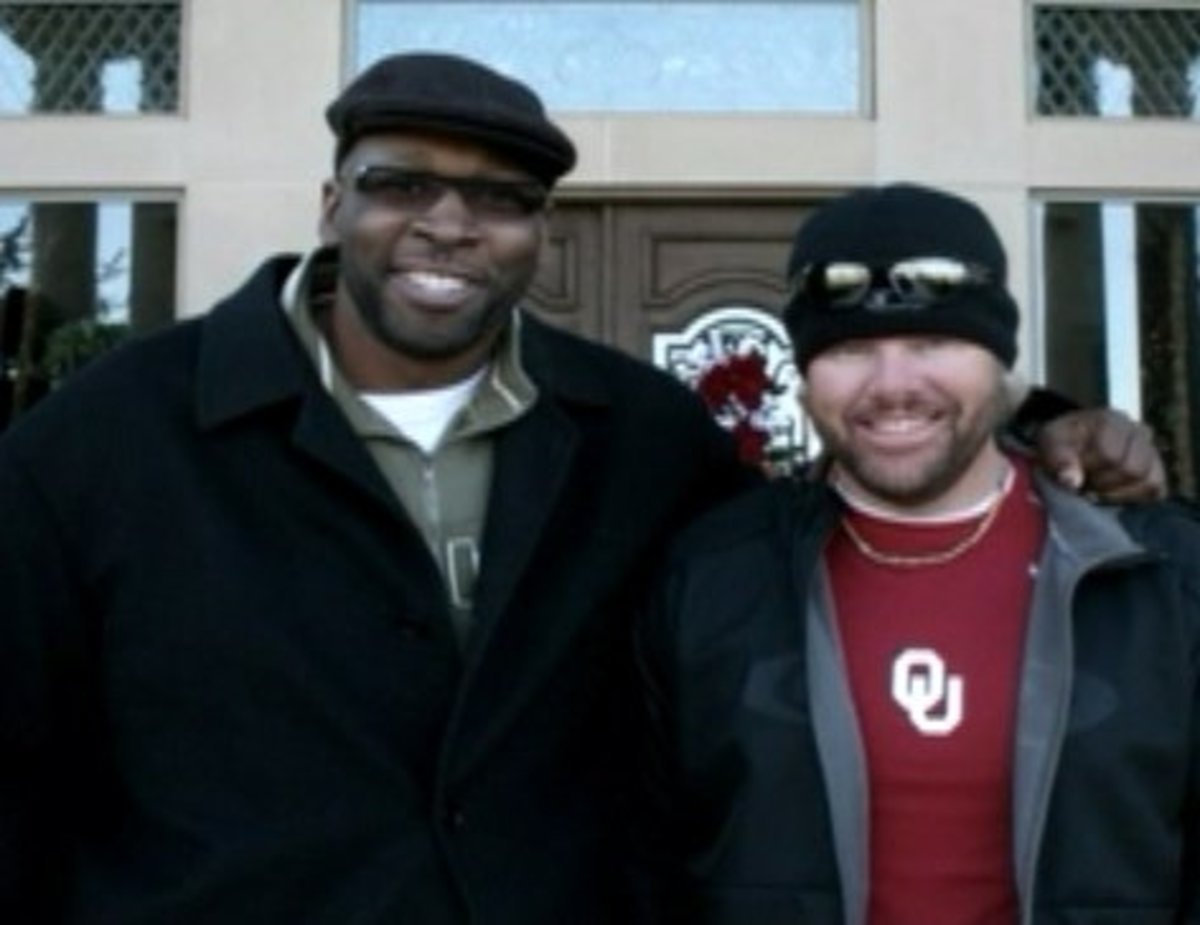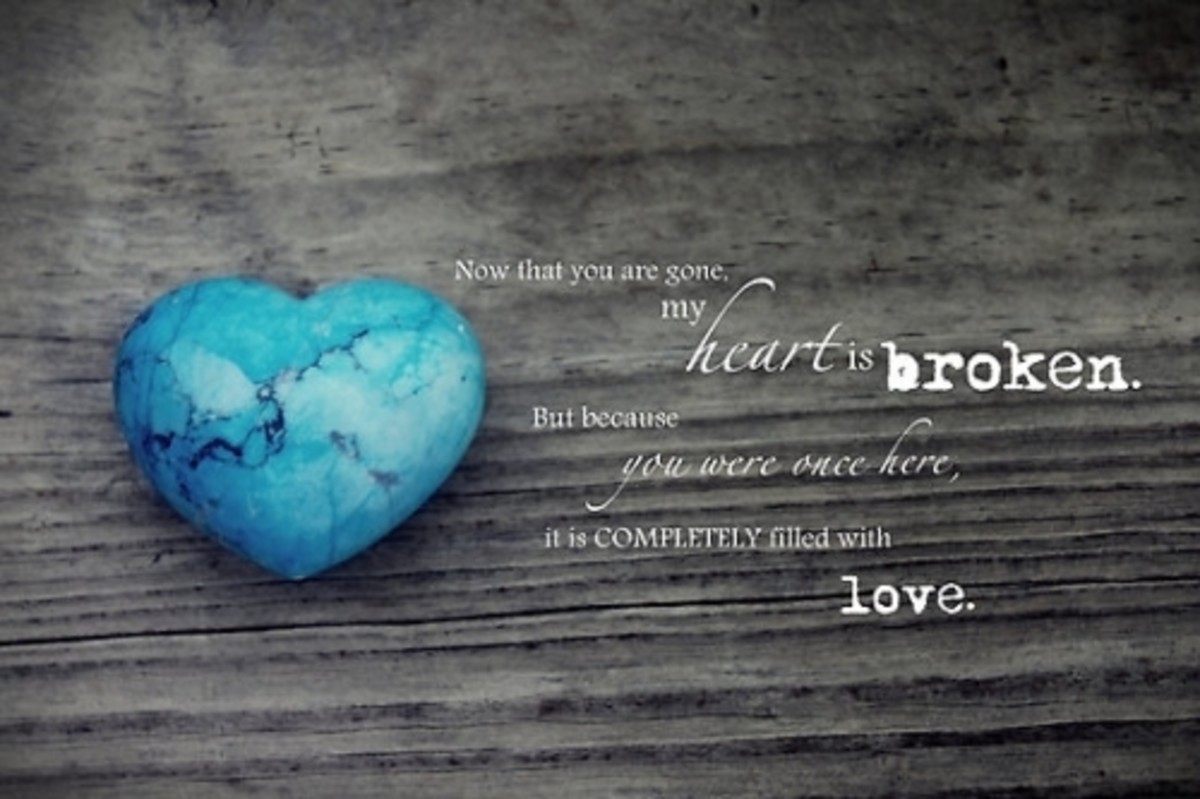Dealing with Grief and Tragedy - Part 3

It would be my desire for no-one to experience the pain of losing someone you love, but unfortunately that is not a reality for us - we are mortal and our bodies will die one day, so we each have to face up to this and maybe go through the loss of loved ones in this process called life. I am so grateful that I have my faith and that I believe in being reunited in a glorious place one day. It helps me to know that it is not forever - that one day I will see the baby I lost (that's another story), my beautiful sister-in-law and niece and my wonderful grandparents. It gives me hope and it gives me peace.
This is what I learned from my process of grieving - I hope it helps you too in some way.
- Everyone goes through their grief process differently - we are all individuals and so there is no right or wrong way to show your grief. For some you may be extremely emotional and let it all out, whereas for others you may go through a period of numbness or shock seeming to be indifferent and cold. This is just your body's way of coping. Some of you may withdraw from the world and people and others may become aggressive and really angry - they are all valid expressions of grief.
- There are different phases or processes that you may find yourself progressing through over the months after your loss. Again these can happen in any order or simultaneously. There are some phases you may never go through.
- The following phases of grief:
- Denial - This can happen as a result of your body going into shock - your mind does not want to accept the truth as it is too painful to process. It is a defense mechanism to protect ourselves so we question and pretend that we are simply in a dream and that we will wake up from this horrible reality. This is usually one of the first phases and doesn't always last very long as reality usually sets in and we have to face up to it. If you are struggling to come to terms with it I will give some practical ideas in Part 4 of how to work through it. This is usually accompanied with "I feel fine" as was my case.
2. Anger - There can also be the feeling of anger at why this has happened to you or your loved ones. It can manifest itself in aggression or harsh words to people around you or even anger or guilt at yourself. You might blame yourself and feel guilty for something you did or didn't do. Alternately you may blame someone else. For me I was angry at the drunk driver - he took away people we loved because he was reckless and inconsiderate. This phase can be destructive because words can do emotional damage, try to remember that it is helpful to get out these feelings though - look for someone who is objective to share these feelings with.
3. Pain - You can't get away from this one - it follows you everywhere and is unbearable at times. It is so painful, that at times you may want to shut it out by sleeping and withdrawing or for some going out and being busy constantly to keep your mind off it. I kept busy solving everyone else's problems to stop myself feeling. Ultimately, you have to let this sadness out and cry.
4. Bargaining - We all do this at times. We try to make a bargain with God that if He takes away the pain, or heals our terminally ill loved one that we will do something in return for Him. I did it too when I prayed - I tried to convince God that it would be a testimony if Katie was healed. I even tried bargaining by physically dancing proving to God that if I had enough faith he would fix it all. This happens as a result of our helplessness in the situation. We can't fix it so we try to find ways to make it happen.
5. Depression - Some people go into such a deep depression they feel the walls are closing in on them. They may feel like they are in a hole with no sign of rescue. Life seems a waste of time and you usually can't find a way out. I felt a measure of depression in my three week melt down and I don't ever wish that on anyone. Depression is very real and so telling someone to look on the bright side or to snap out of it is simply not helpful to them when they are in this place. They just don't know how to do it and they need help. Seeing a doctor or a counsellor may help them to work through these emotions and some people may need medication for depression - that is fine!There is nothing wrong with you if you need medical help - it is not shameful and does not make you weak.
6. Acceptance - This is where you start to accept what has happened and begin to look for ways to move forward in your life. You may choose to let go of some of your loved one's items and move to another place that has fresh memories. For my brother he needed to stay in the home they had dreamed of together. His beautiful new wife was amazing - she was secure in herself to live there and build a life, secure enough to have photographs of his previous love in the home so that his children remembered her. This phase offers more hope to the bereaved and although they never forget and there will always be sadness in some memories they can envision a future again.
I am extremely grateful to my family and in particular my husband for supporting me through those times. I think of my sister-in-law daily - I was given one of her leather belts with a beautiful silver buckle and I wear it almost every day. I am so grateful for my new sister-in -law - she is a saint and has rebuilt that family with love and acceptance becoming a Mum to my nephew but most of all I am thankful to God for restoring what was stolen from us all. He has shown His goodness to all of us as a family and helped us through tough times!!









